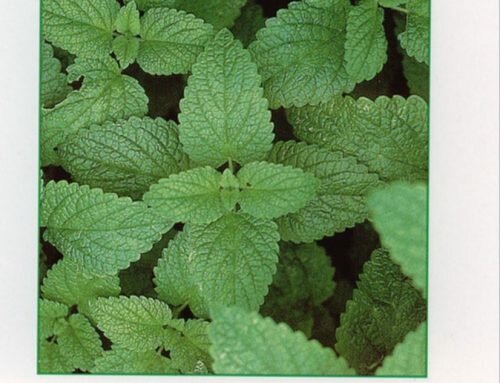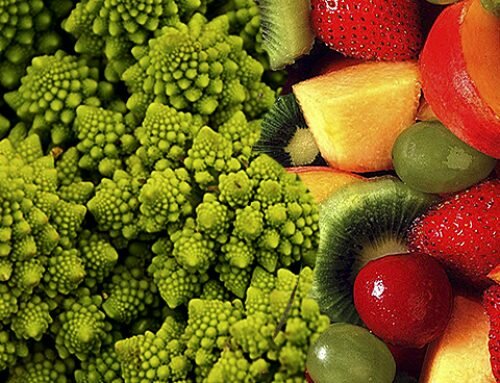Karina Xavier and colleagues from the Institute Gulbenkian de Ciência in Oeiras, Portugal in a recent study published in “Cell Reports” have shown that intestinal bacteria “talk” with each other through the exchange of a particular molecule called Al-2 to face, for example, damage caused by antibiotic treatments. In fact, it is already known that bacterial populations communicate with each other using a sort of chemical language that uses small molecules called autoinducers. Depending on the concentration of autoinducers, bacterial cells can regulate their activities in a synchronized manner with the community to which they belong, in a process called quorum sensing.
Antibiotics and diet may modify the composition of intestinal bacteria, making us weaker to harmful pathogens. In particular, changes in the balance between Bacteroidetes and Firmicutes, the two predominate families in the intestines of mammals, are associated with obesity, diabetes, chronic inflammation of the intestine, and gastrointestinal cancer.





